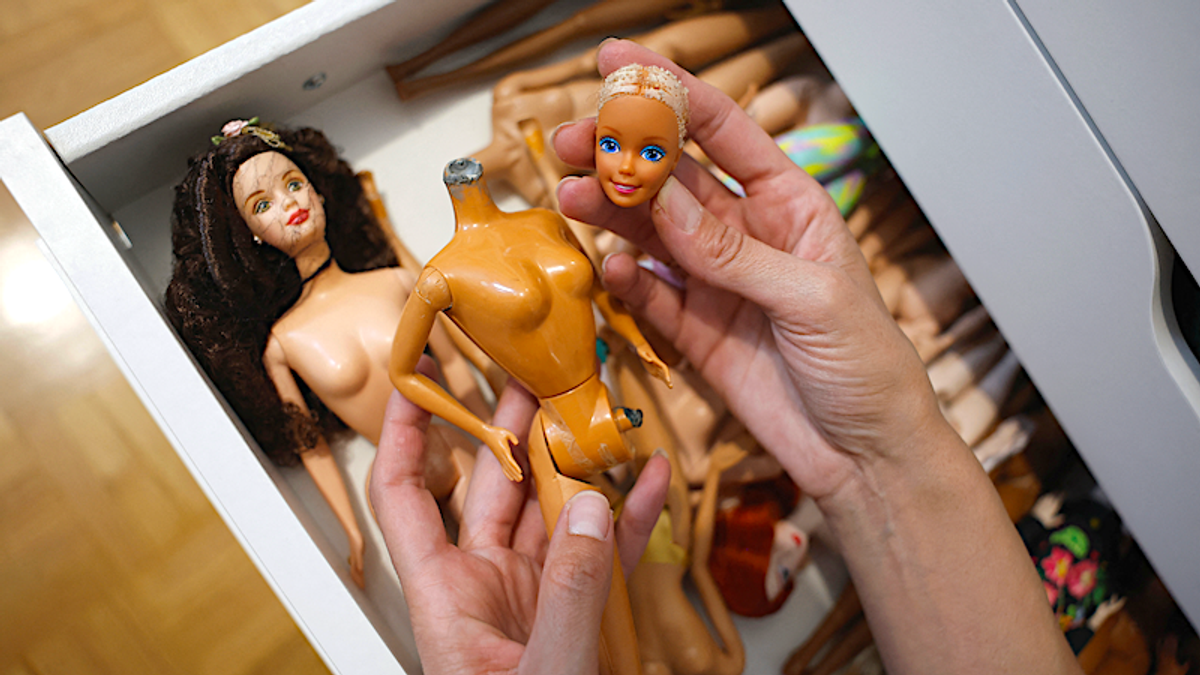
President Donald Trump is staking his tariff policy on promising, of all things, to return doll manufacturing to the U.S., threatening short-term deprivation for girls to ensure the nation's long-term economic success, but toy industry experts say his plan probably isn't feasible.
The president and his chief of staff Stephen Miller have been arguing that American girls already have too many dolls and could make do with fewer as toy production is moved from overseas back to the United States, and The New Republic's Greg Sargent focused attention away from the consumer side and examined the issue from the labor side.
"The dumbest thing about Trump's desire to manufacture dolls in the U.S. is that many of the jobs would be bad ones: Connecting plastic body parts to torsos, attaching nylon hair, etc.," Sargent posted. "I talked to toy industry people who laid this all out."
ALSO READ: ‘Pain. Grief. Anger’: Families heartbroken as Trump backlash smashes adoption dreams
Industry experts say that many of the jobs created by reshoring toy making would be tedious, repetitive and easily replaceable, and Trump's hostility to unions and government regulations would make those jobs even less desirable.
“You’re sitting on a line, assembling things, like Laverne and Shirley putting bottle caps on bottles,” said Jonathan Cathey, the CEO of the California-based Loyal Subjects toy company that manufactures products abroad. “Do most Americans want to sew tiny little skirts a thousand times a day?”
Some portions of the faces on fashion dolls are hand-painted, according to Jay Foreman, founder and CEO of the Florida-based toy company Basic Fun, which also makes products abroad.
“These are all individual tasks that require an operator to perform each of them,” Foreman said. “The manufacturing process is incredibly laborious.”
The materials to make dolls and the machines that manufacture them largely come from abroad, which would require them to be imported to be assembled in the U.S., and that could take years to build up those supply chains.
“With most doll production, you’re going to be sourcing raw materials from a global supply chain, including nylon for the hair and plastic for the doll body,” James Zahn, editor of The Toy Book.
Cathey warned that many manufacturing jobs could evaporate before those new supply chains are established.
“The only thing that will happen is eventually robots and AI will take over,” Cathey said.
The Trump administration is already gutting regulatory oversight and intent on weakening union protections, which industry experts say undercut the president's stated intentions for U.S. manufacturing.
“What makes manufacturing jobs good is unions and regulations that protect worker safety,” said Josh Bivens, chief economist at the Economic Policy Institute. “Without those things, any jobs created by somehow bringing toy manufacturing back are not going to be good or safe jobs.”




